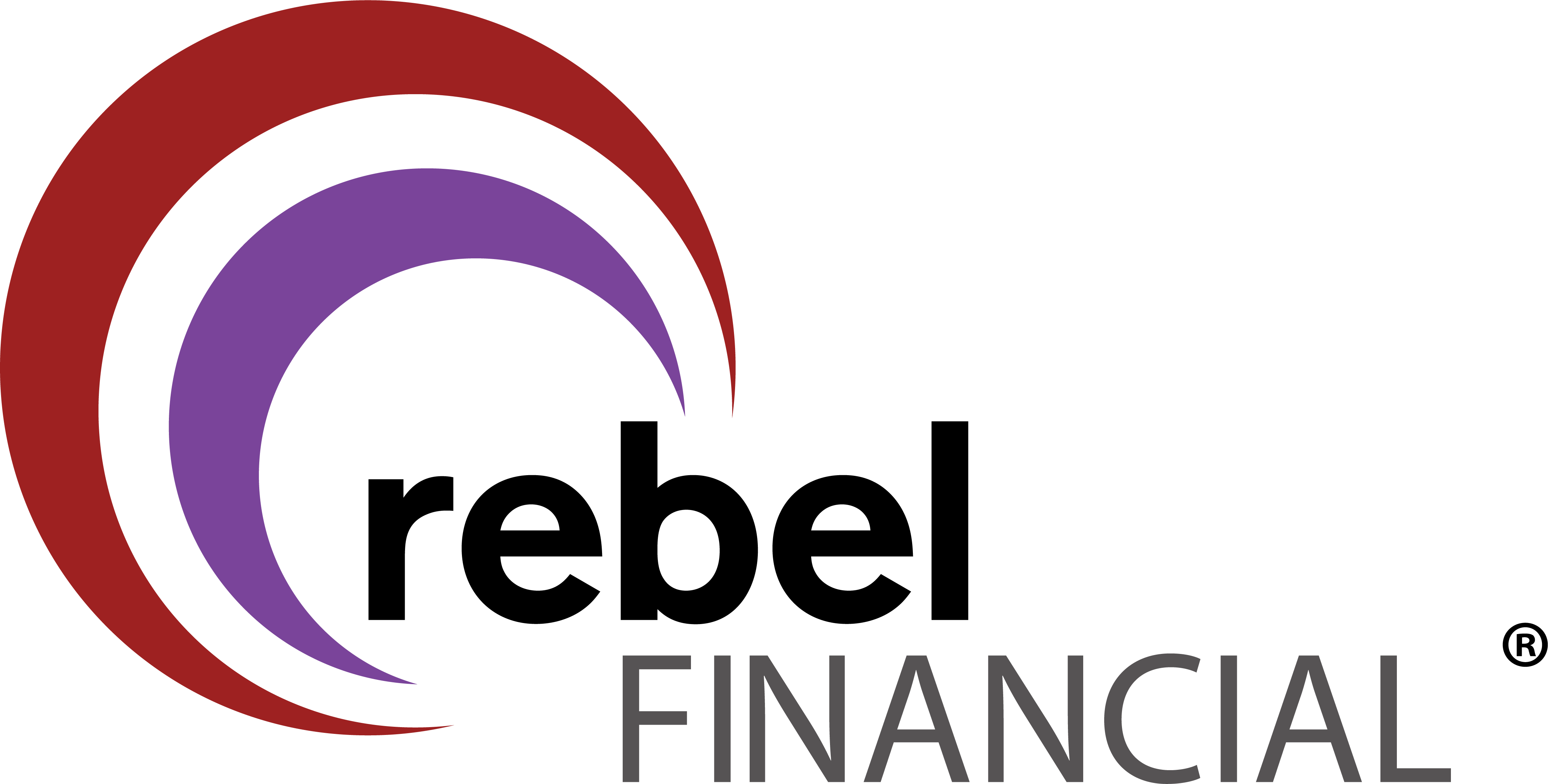For thousands of years, people have borrowed money to buy things. It’s how the banking business started. Debt is not necessarily bad. But if you’re not reducing debt faster than you’re accumulating it, then debt can be a disaster to your financial health.
Here’s a question. How much is too much debt for you? Banks evaluate your creditworthiness by calculating your total debt to income ratio. 36% is acceptable. Over 40% is a red flag for potential danger. Under 30% is where you want to be. Do your own calculations to see if you are debt-heavy.
Here are some warning signs of carrying too much debt. You spend more than you earn each month. You skip payments on some bills in order to pay others. You make the minimum payments on your credit cards. You’re maxed out on your credit card limits. You’re receiving late payment notices. If you think you have too much debt, you probably do.
Let’s talk about a plan to better manage and minimize your debts. First, create a realistic budget and follow it. Only 39% of Americans set a monthly budget and stick to it. That’s probably why the majority of Americans spent more than they earned last year. Have a debt reduction plan. It’s smart to pay down the debts with the highest interest rates. Some people prefer to pay off their smallest debts first. Do whatever works for you, as long as you’re constantly reducing what you owe.
Adjust your lifestyle. Sometimes the single best strategy is to live more simply. Drive a less expensive car. Sell your house and get a smaller mortgage. Find ways to cut back, spend less, and save more. Earn more money. Look into your options for a higher paying job, or get a second part time job to increase your monthly income.
Start saving. Make saving part of your monthly budget. It takes commitment and discipline, but most money smart people save at least 15% of their income every month. Talk directly with your creditors. Many will work out a revised payment schedule. If they know you’re committed to paying off your obligation, they sometimes reduce their fees, or won’t report you to a credit bureau.
Debt is not the problem. Being responsible about it is. Minimizing your debt and managing your cash flow is crucial to your financial health. You can’t get ahead if you’re falling behind, and you want to get ahead.









